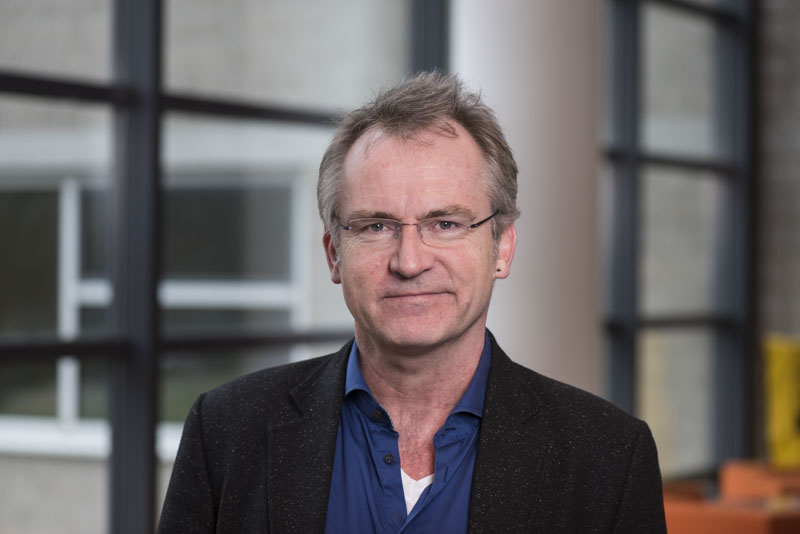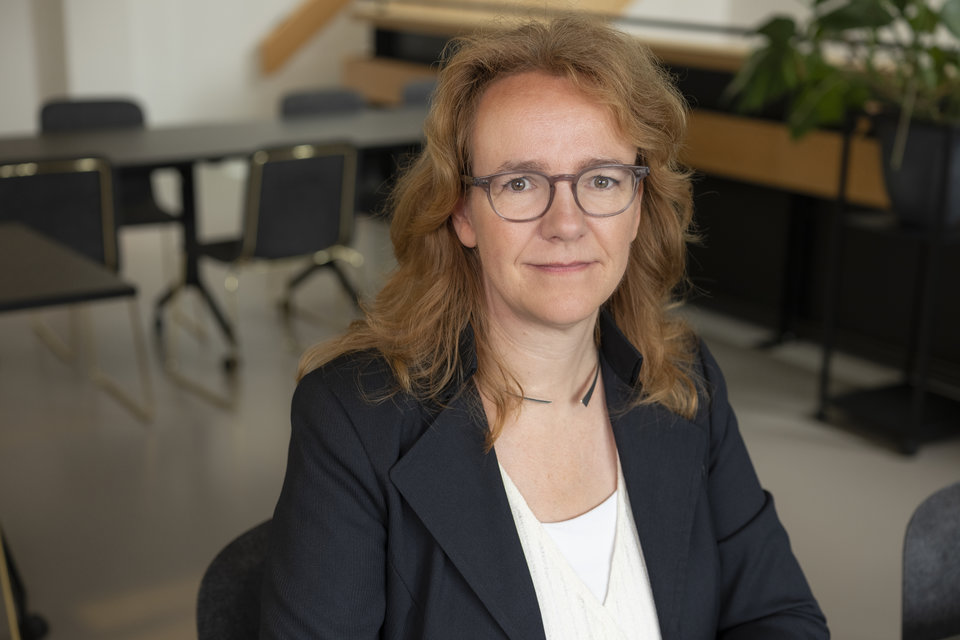1.8 million for research into quantum safe infrastructure
A consortium of TNO, TU Delft and CWI (Center for Mathematics & Computer Science) and others will receive a 1.8 million grant from NWO to conduct research into making public key infrastructure (PKI) quantum secure. For this project two PhD students will start at TPM who will be supervised by Nitesh Bharosa and Marijn Janssen. Pieter Vermaas takes a seat on the ethics committee and Aukje Hassoldt is on the board.
Quantum security
A PKI is a system that enables the issuance and management of digital certificates that form the basis of secure digital connections and the security of digital information. The research proposal called HAPKIDO (Hybrid Approach for quantum-safe Public Key Infrastructure Development for Organisations) focuses in particular on how a transition to a quantum-safe public key infrastructure can be realised.
The project investigates which growth models are possible to switch from the current to the future situation, and how the management (IT governance) of digital infrastructures must change in order to guarantee quantum security. This also includes the social risks of a quantum unsafe PKI in the quantum era.
Vulnerable
Many popular cryptographic algorithms and encryption schemes are becoming insecure with advances in quantum computing. Without preparation, sensitive data protected by encryption schemes will become accessible and the communication infrastructure will be disrupted. As a result, our transactions and information will become vulnerable to malicious parties, which could affect countless organisations and millions of people. Quantum secure trust services, including the underlying PKI, are needed to protect digital societies from these significant risks.
Source: TNO



